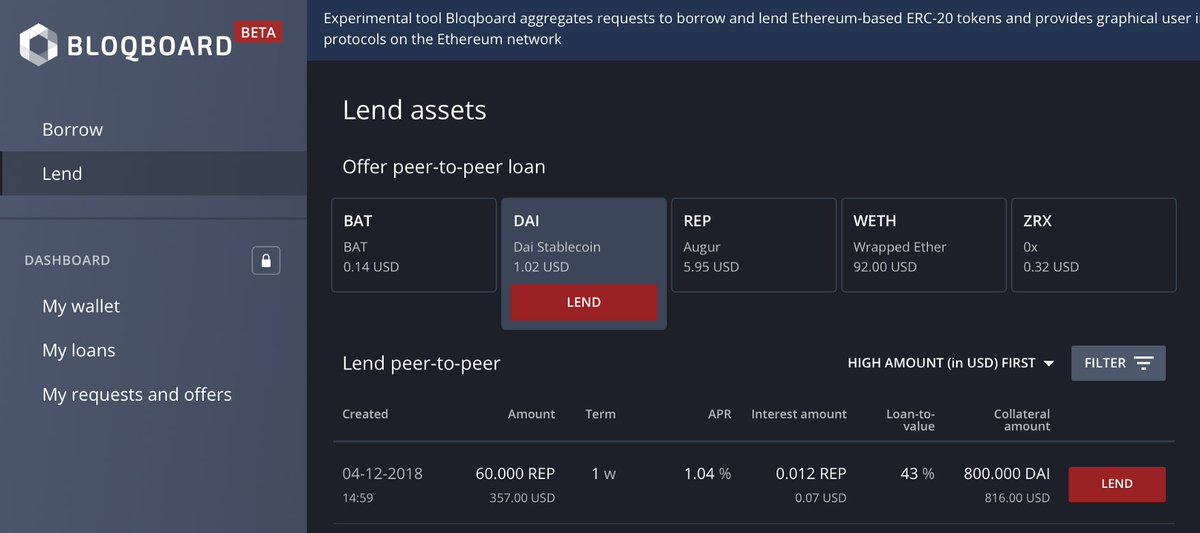So much to unpack. I know I'm late to the party, but here are my thoughts on what happened & what it means.
Thread. 👇
For many ICOs, EtherDelta was the first source of liquidity available to investors before tokens were listed on a "real" (centralized) exchange.
coindesk.com/sec-charges-et…
The SEC said he violated Exchange Act Section 5, which prohibits exchanges from trading securities unless they're registered or qualify for an exemption.
To settle the action, Coburn agreed to pay a $75,000 penalty and $313,000 in disgorgement plus interest.
One amusing note: the second paragraph of the order says that EtherDelta had "a user-friendly interface." That's not quite how I remember it! I guess no SEC lawyers were trading there in 2017.
cloudup.com/c6bvjk-fGE3
The big takeaway: this is likely the first of many SEC enforcement actions against crypto exchanges. Credit to three top crypto lawyers (@stephendpalley, @prestonjbyrne & @propelforward) for nailing this on CoinDesk today.
coindesk.com/expect-the-sec…
The SEC has been warning about "potentially unlawful online platforms for trading digital assets" since March 7, 2018 (sec.gov/news/public-st…). This was in the works for a long time.
Most enforcement actions are kept confidential until they're resolved to protect both the defendant (from bad press) & the government (from losses & inconsistencies). That's why this case was settled before it was announced.
Just because you haven't heard about them recently doesn't mean there aren't dozens of investigations going on behind the scenes. Sooner or later, the floodgates will open.
coindesk.com/sec-official-s…
After all, it's easier to prosecute one guy who's out of the game than a centralized exchange with a healthy balance sheet.
The order says EtherDelta listed "tokens that included securities" but doesn't identify a single one that satisfies the Howey test. Not helpful, guys.
This regulatory uncertainty leads to press releases like the following from 0x. The industry needs clarity from the SEC.
The SEC claimed FinHub would serve as a resource for the crypto industry. Explaining what's legal & what's not would be a good start.
coindesk.com/the-sec-is-set…
The order basically says, "after we issued that Report, it was clear these tokens were securities, so don't tell us you didn't know better."
If you launched an ICO after the DAO Report, you might be in the line of fire.
The same may be true for ICOs & centralized exchanges that settle with the SEC: pay a fine, file a registration, and get back to work.
I wouldn't be surprised if developers increasingly go anonymous in response.
More of the same, definitely. But eventually the SEC will run out of easy targets and into tougher issues. For example, one question is whether the SEC can go after exchanges located outside US borders.
They'll likely try, but will they succeed?
The SEC gets a quick win, but that's about all. We're still living in a world of regulatory uncertainty, and unless the SEC starts talking or Congress starts legislating, that's where we're going to stay.


